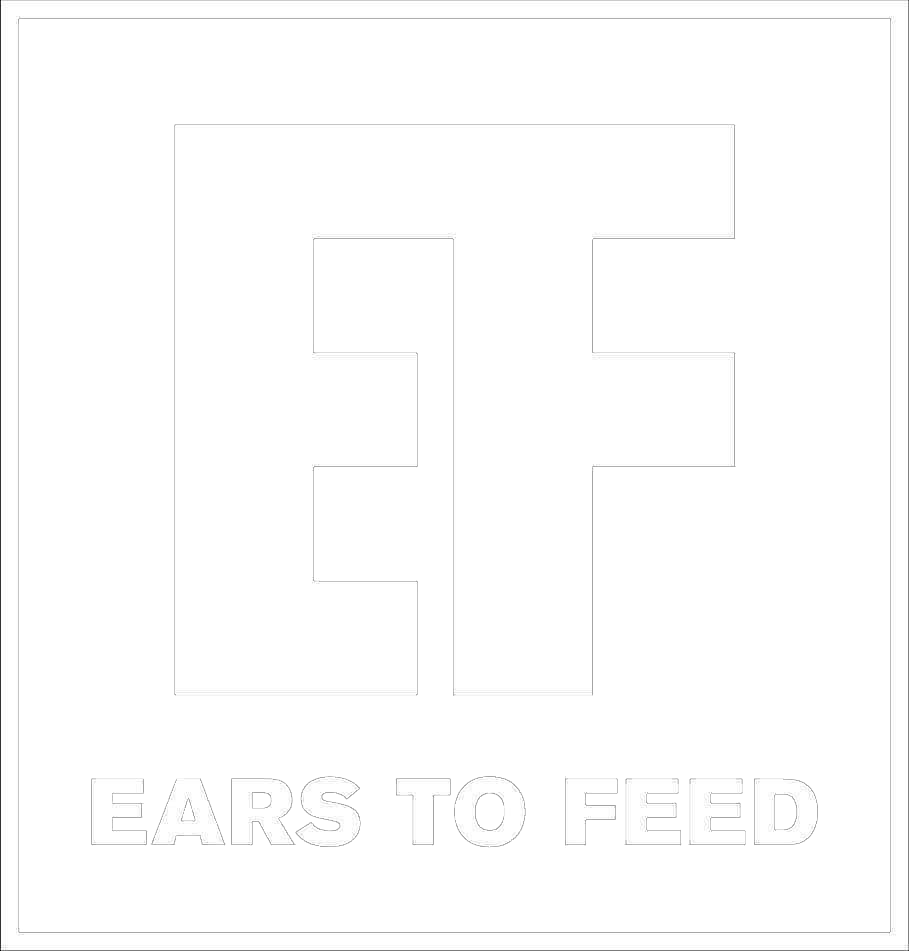We exist so far away from our former selves; years and miles from the people we once loved; from the places that once held meaning; and from dreams that once felt so near to our reach. But yet we remain tethered to them, viscerally and innately — an intangible anchor to the past. A continuous loop. The confluence of time. This conjuring of memory pervades throughout Dark Tea’s self-titled sophomore full length album released April 30 by Fire Talk Records.
The album, a follow up to 2019’s also-eponymous full length, sees the band led by Gary Canino digging deeper into an eclectic identity that furthers their inclination for the country and folk influences that permeated its predecessor. Though, the album manages to keep listeners on their toes with its hesitancy to adhere to any single genre.
Even so, the record’s oscillation in personality should not be mistaken for convolution. In just 41 minutes, it features over twenty musicians and was recorded between Brooklyn and Philadelphia with sessions split between producer and engineer Matt Barrick (The Walkmen, Muzz) and New York City punk veteran Sasha Stroud.
You get the sense that there is intention lurking beneath the surface when a track laced with twangy acoustic guitar and delicate piano like “Deanna,” in which the narrator reminisces about a locus of memory (“Back to the rear view life / All my memories are entwined with that house) is followed up by the starkly different “US Blues Pt1 & Pt2.”
The latter, flush with pulsing drum machine and synth arpeggiations vaguely alludes to a disillusionment with life on the road. This curatorial dichotomy coupled with Canino’s ambiguous musings seem to pinpoint the duality one sometimes feels when viewing their former and present self in split-screen.
On “Down For The Law,” a heavily narrative tune about the jadedness discernible in everyday life, Canino engages in a sort of tête-à-tête with himself as he delivers his sometimes sung, sometimes spoken free verses about the finiteness of existence: “Nothing ever ends / And you still can’t hear me over the rush of the cars / Coming up to the gates now / I said ‘John is this the afterlife?’ / He said, ‘Gare there is no after, only life.’”
“Take The Fall” is an introspective song teetering on the edge of melancholy with its wistful sliding guitar tones and fragile string arrangements. Nevertheless, Canino manages to maintain the song’s composure as he croons about the acceptance of one’s own failures: “Was it early blue when you knew you’d take that fall? / Sleep til 1, you missed the sun, you never learn.”
Emotive but far from dismal, Dark Tea’s latest album demonstrates a comfort and conviction in their ever-evolving heterogeneity, while serving to map a connecting route between time and human memory.
Like moths to the flame that can’t help but be bound to echoes of the past and the flickering souvenirs of fleeting years, it encapsulates the beauty and the torment of retrospection: the endearment and the regret, the ambivalence and the reconciliation.
Essential Tracks: “Highway Mile,” “Deanna,” “Down For The Law” and “Take The Fall”
